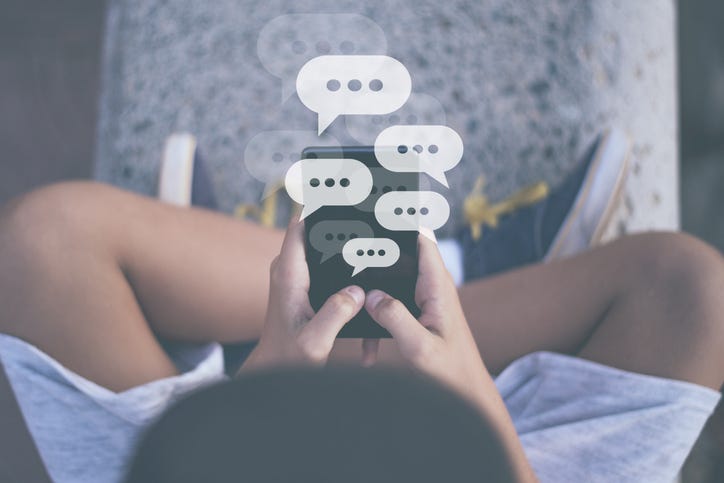Given the presidential debate this week, you probably heard plenty of misinformation and conspiracy theories.
Indeed, reporters and fact checkers were working overtime to specifically determine whether Haitian immigrants in Ohio were eating domestic pets, as grotesquely alleged by Republican presidential contender Donald Trump, and his vice presidential running mate, Ohio Senator J.D. Vance. Neither has produced evidence proving their claim, and local officials say it’s untrue. Still, the false allegation is all over the internet.
Experts have long worried about how rapidly conspiracy theories can spread, and some research suggests that people can’t be persuaded by facts that contradict those beliefs.
But a new study published today in Science offers hope that many people can and will abandon conspiracy theories under the right circumstances.
In this case, researchers tested whether conversations with a chatbot powered by generative artificial intelligencecould successfully engage with people who believed popular conspiracy theories, like that the Sept. 11 attacks were orchestrated by the American government and …





![Conspiracy theories are no match for an AI chatbot, apparently [Video]](https://aimarketingshowcase.com/wp-content/uploads/2024/09/mp_521399_0_heroimagefillsize1200x675v1726103835jpg.jpg)




![Meet Daisy: A carrier-created AI chatbot that wastes scammers time with fun conversations [Video]](https://aimarketingshowcase.com/wp-content/uploads/2024/11/mp_553033_0_MeetDaisyAcarriercreatedAIchatbotthatwastesscammerstimewithfunconversationsjpg.png)
![Shipshape Solutions Unveils AI Assistant Powered by ChatGPT to Revolutionize Home Management | PR Newswire [Video]](https://aimarketingshowcase.com/wp-content/uploads/2024/11/mp_552909_0_673e2eb0348dcimagejpg.jpg)


